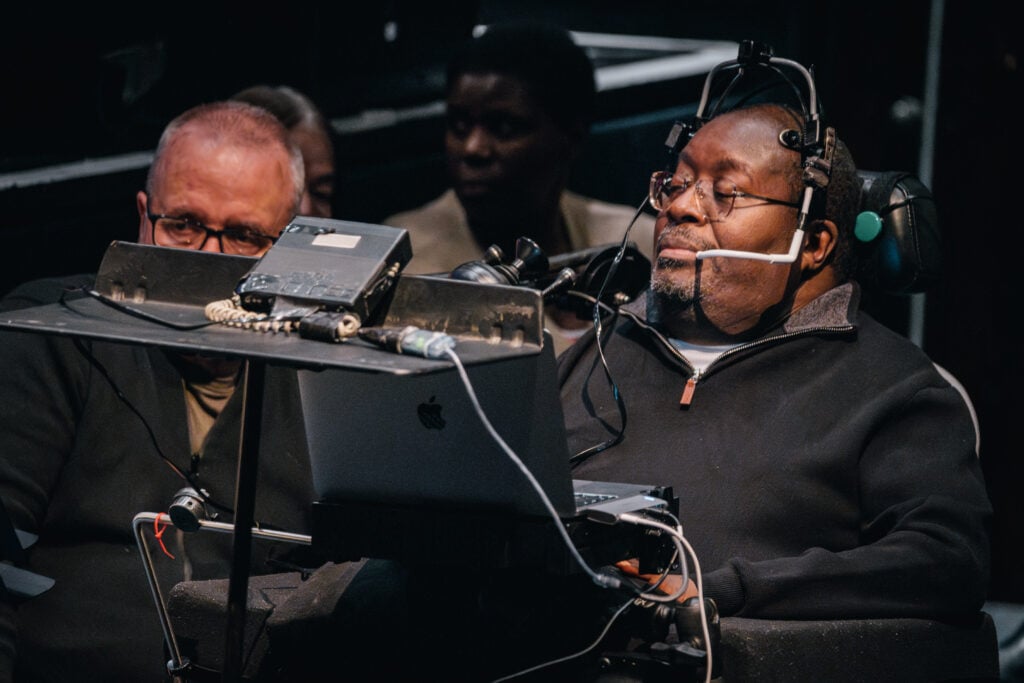RNS Moves: London Debut at Kings Place
Feature
Rewriting the Rules: How RNS Moves is Revolutionizing Classical Music
What happens when you take a 400-year-old Thomas Tallis piece and ask musicians to reimagine it through pure improvisation? Or when you perform Terry Riley’s iconic In C with instruments the composer never imagined? You get RNS Moves – an ensemble that’s completely rewriting classical music’s rulebook.
This groundbreaking group has no musical limits. They take repertoire spanning centuries – from Renaissance masterworks to contemporary minimalism – and transform it through spontaneous collaboration. Music stands barely contain anything because so much emerges in the moment. Instruments play pieces they weren’t written for. Classical musicians, trained to follow notation religiously, learn to improvise for the first time.

© TyneSight Media
‘It [Headspace] makes me feel like a musician again.’
At the heart of this revolution are extraordinary individual stories. Clarence Adoo, the ensemble’s founder, controls his custom Headspace instrument through breath and head movements – a remarkable comeback after a life-changing accident that ended his trumpet career. “It makes me feel like a musician again,” he says.
Pianist Rachel Starritt, who is visually impaired and has Asperger’s Syndrome, has developed innovative memory techniques that she applies to improvisation. Harpist Steph West plays custom-built instruments designed specifically for her hands, bridging classical, folk, and jazz in unprecedented ways.
What makes RNS Moves truly special isn’t just inclusion – it’s integration. Professional disabled and non-disabled musicians from Royal Northern Sinfonia collaborate as complete equals, pushing each other into uncharted musical territory. The result challenges everyone: performers step beyond their comfort zones, audiences witness something genuinely unrepeatable.
Making their London debut at Kings Place, RNS Moves represents more than a concert – they’re pioneering a new model that could reshape classical music’s future. In a genre often bound by tradition, they prove that removing barriers doesn’t lower standards – it raises possibilities.